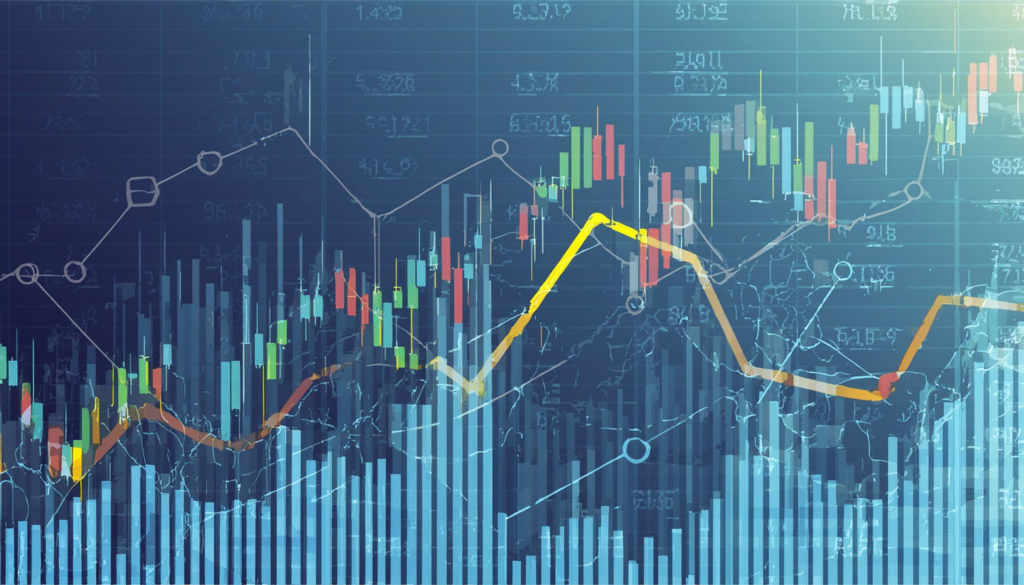The Dynamic World of Share Markets
Share markets, also known as stock markets, are organized marketplaces where buyers and sellers converge to trade shares of publicly listed companies. These markets play a pivotal role in the global economy, facilitating capital formation, driving economic growth, and providing a platform for individuals to invest and build wealth.

How Share Markets Function
At their core, share markets operate on the principle of supply and demand. The price of a company’s stock is determined by the interplay of buyers and sellers. When demand for a stock exceeds supply, its price tends to rise. Conversely, when supply outpaces demand, the price typically falls.
Key Components of Share Markets
- Stock Exchanges: These are the organized platforms where trading occurs. Renowned examples include the New York Stock Exchange (NYSE), Nasdaq (US), London Stock Exchange, Tokyo Stock Exchange, and the Bombay Stock Exchange (BSE) and National Stock Exchange (NSE) in India.
- Listed Companies: Companies that choose to list their shares on a stock exchange offer a portion of their ownership to the public. This allows them to raise capital for expansion, research and development, and other corporate activities.
- Investors: A diverse range of participants, including individual investors, institutional investors (such as mutual funds and pension funds), and financial institutions, actively buy and sell shares in the market.
- Brokers and Dealers: These intermediaries facilitate transactions between buyers and sellers, providing research, advice, and execution services.
The Role of Share Markets in the Economy
- Capital Formation: Share markets enable companies to raise capital from the public, which is crucial for funding growth, innovation, and job creation.
- Price Discovery: The market mechanism efficiently determines the fair value of a company’s shares, reflecting its performance, prospects, and risk.
- Corporate Governance: Publicly listed companies are subject to greater scrutiny and regulatory oversight, promoting transparency and accountability.
- Economic Indicator: Share market movements often serve as indicators of overall economic health and investor sentiment.
Global Interconnectedness
In today’s interconnected world, share markets are increasingly intertwined. Global events, economic news, and political developments can have a significant impact on market movements across different countries. This interconnectedness presents both opportunities and risks for investors.
Share markets are complex and dynamic systems that play a vital role in the global economy. Understanding how they function is crucial for investors, businesses, and policymakers alike. As technology continues to evolve and global markets become increasingly integrated, the role of share markets in shaping the future of the global economy will only grow in significance.




















